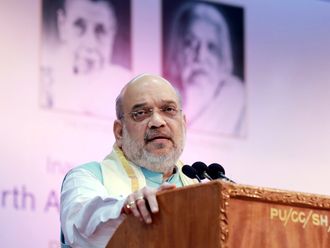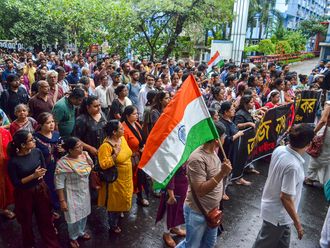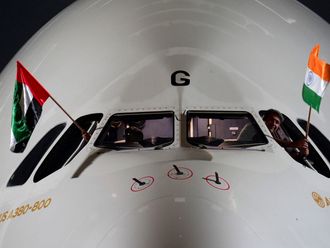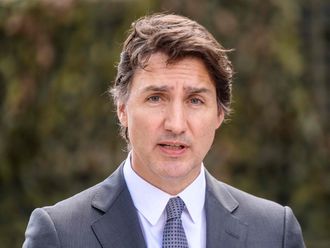New Delhi: The sudden postponement of boundary talks due to differences over Tibetan spiritual leader Dalai Lama's presence at a Buddhist conference here has also put a question mark on the visit to India of China's vice-president Xi Jinping, widely seen as the country's next leader.
China's Special Representative Dai Bingguo was expected to be in Delhi today for the 15th round of border talks with National Security Adviser Shivshankar Menon, India's chief pointsperson for the boundary talks.
During the talks, the two senior officials were also expected to discuss the agenda for the visit of Xi, who is expected to succeed Chinese President Hu Jintao next year. The dates for Xi's visit were not finalised, but there were indications that he could visit India next January.
India is keen to roll out the red carpet for Xi, also vice-chairman of the powerful Central Military Commission, to build an equation with the fifth generation of leadership of the Communist Party of China after Hu steps down next year.
But the postponement of boundary talks due to the row over the Dalai Lama have now put a question mark over Xi's visit.
If Xi is not able to go to India by February, it will not be possible for him to visit before he becomes the president as he will be preoccupied with the succession process from February onwards, Srikanth Kondapalli, a China expert at Jawaharlal Nehru University, said.
Protocol issues
In fact, there was a plan for Xi to visit India in December last year, but this could not happen due to protocol issues as Chinese premier Wen Jiabao was visiting New Delhi in the same month.
The boundary talks were called off a couple of days ago as India refused to relent on the Chinese demand for cancellation of the four-day Global Buddhist Congregation here at which the Dalai Lama was to make a valedictory speech. The conference coincided with the talks.
India is understood to have conveyed to China its oft-reiterated position that the Dalai Lama was a spiritual leader and an honoured guest and was, therefore, free to speak on spiritual matters.
Beijing hardened its stand, highly placed sources said, and demanded cancellation of the conference at which Buddhist scholars from other countries were also invited. India refused to budge.
However, both India and China officially have tried to downplay the deferment of boundary talks and have said efforts were on to fix new dates.












